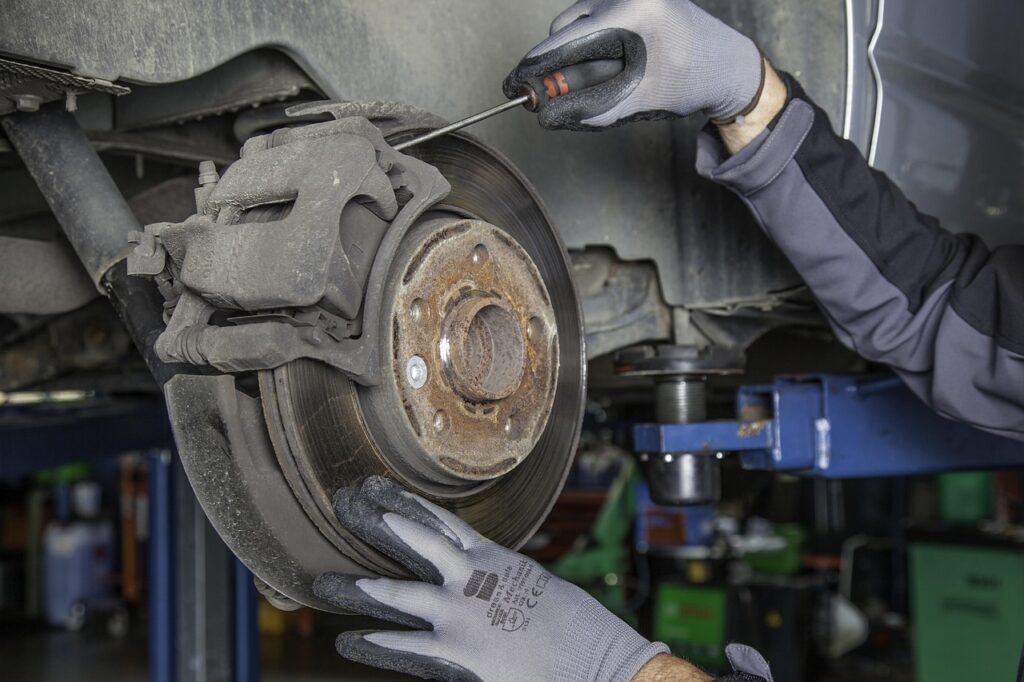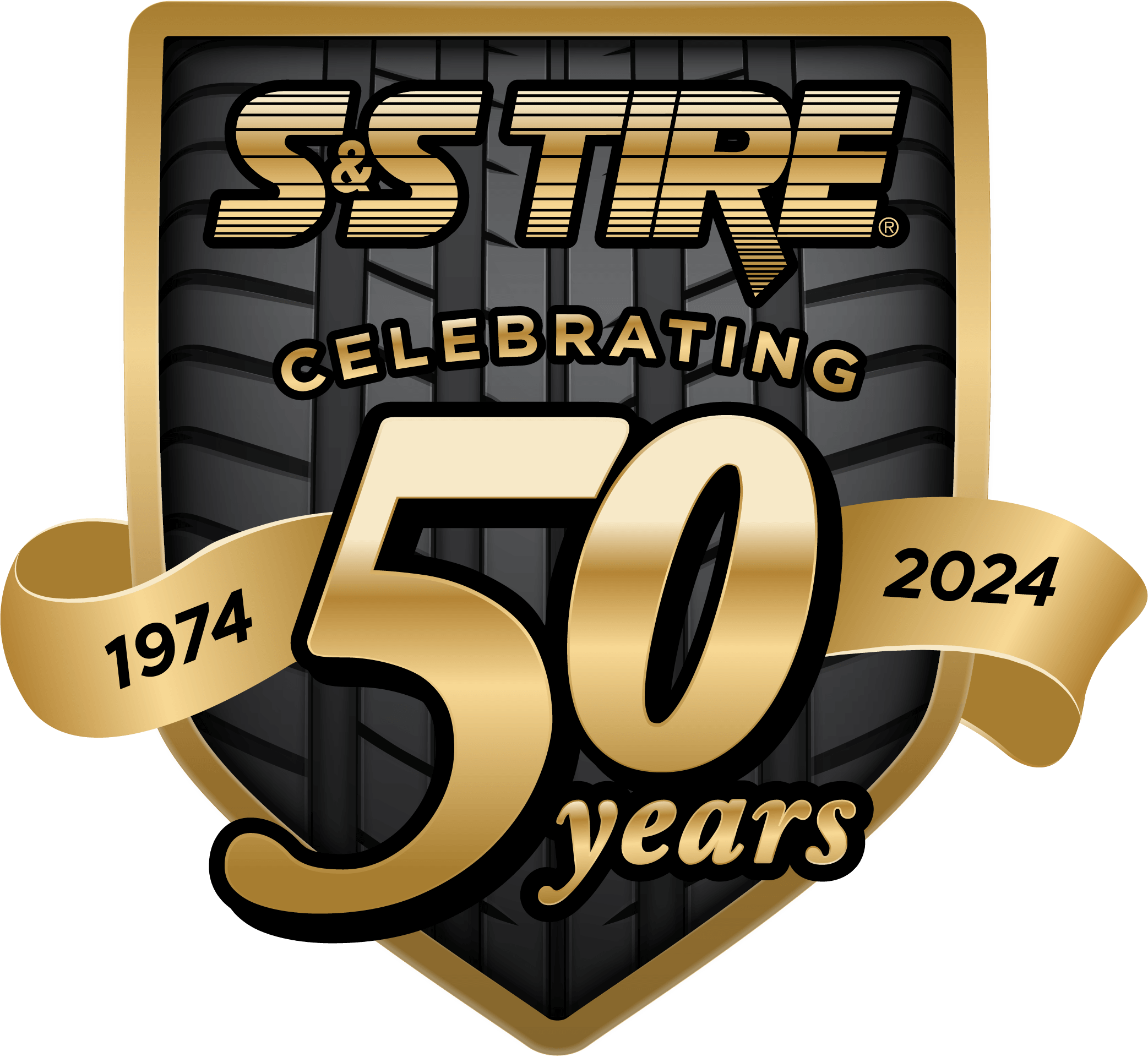
Your car’s brakes are one of its most important safety features, but because they wear down gradually over time, it’s easy to miss the warning signs. Many drivers don’t think about their brakes until something feels seriously wrong—but that can be risky. Knowing what to watch for can help you address brake issues early and stay safe on the road. Here are five signs your brakes may need attention:
1. Squealing or Screeching Sounds
If you hear a high-pitched squeal when you press the brake pedal, it’s a clear signal something’s wrong. Most brake pads come with a small metal indicator that makes this noise when the pads wear down. While it’s not an emergency, it is a sign you should get your brakes checked soon—before more expensive damage occurs.
2. Grinding Noise
A grinding sound usually means your brake pads have worn completely away, and now metal is grinding against metal. This can seriously damage your brake rotors and reduce your ability to stop safely. If you hear grinding, it’s time to stop driving and schedule a repair immediately.
3. Vibration or Shaking When Braking
Does your car shake or vibrate when you hit the brakes? This could mean your brake rotors are warped or uneven. It may feel like your steering wheel is trembling in your hands. This kind of problem affects how smoothly and effectively your car can stop, so it’s important to get it checked out.
4. Soft or Spongy Brake Pedal
If your brake pedal feels soft, or you have to press it farther than usual to slow down, it could indicate a problem with your brake fluid or a leak in the system. This issue can reduce your stopping power and should be addressed right away by a mechanic.
5. Brake Warning Light
Don’t ignore your dashboard. If the brake warning light comes on—especially if it stays on—it’s your car’s way of telling you something’s off. It could be low brake fluid, worn pads, or another issue that requires attention.
Stay Safe with Regular Brake Checks
If you notice any of these signs, don’t wait. Visit a trusted auto shop for an inspection. Catching brake problems early can save you money—and more importantly, it can keep you and your passengers safe on the road.
